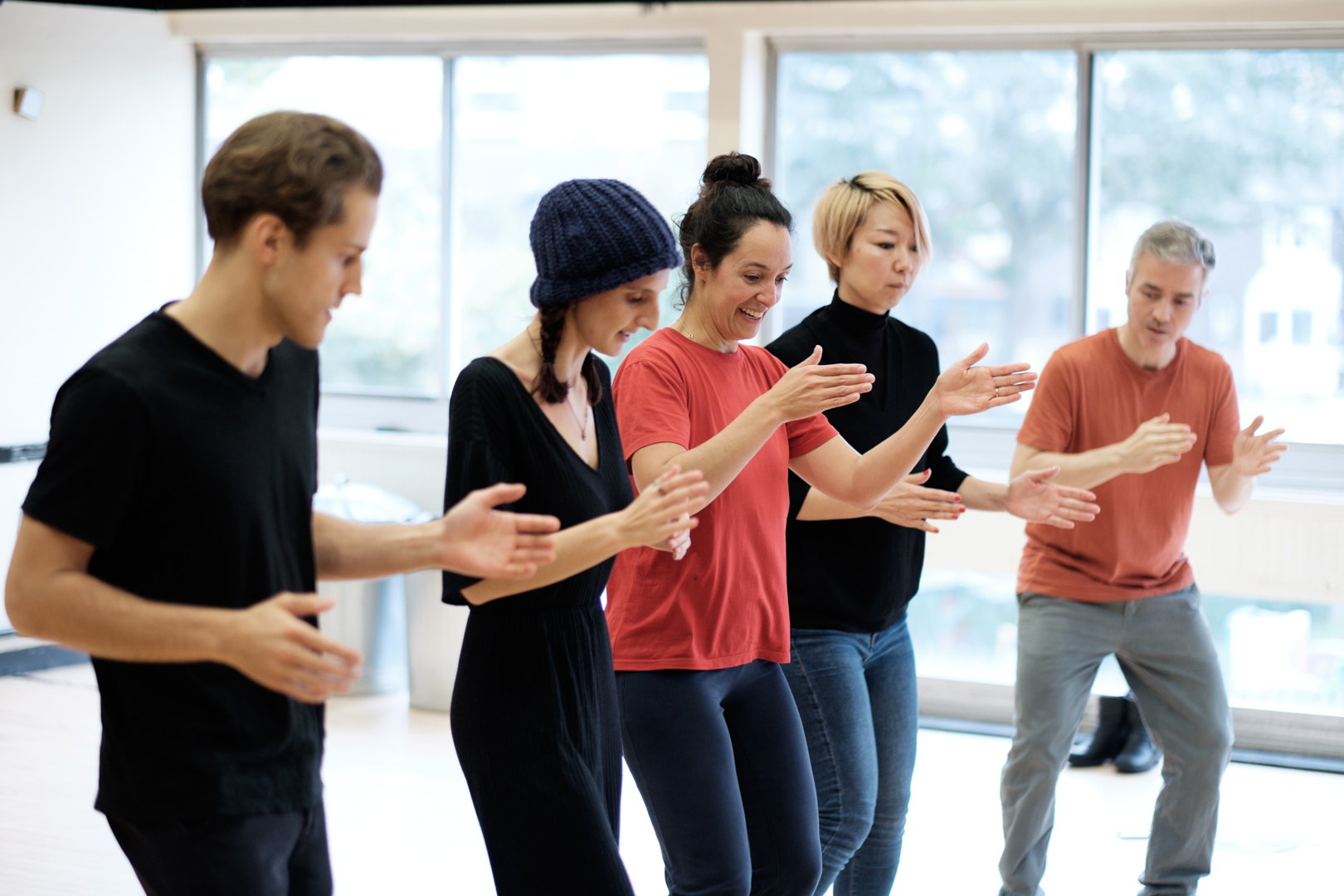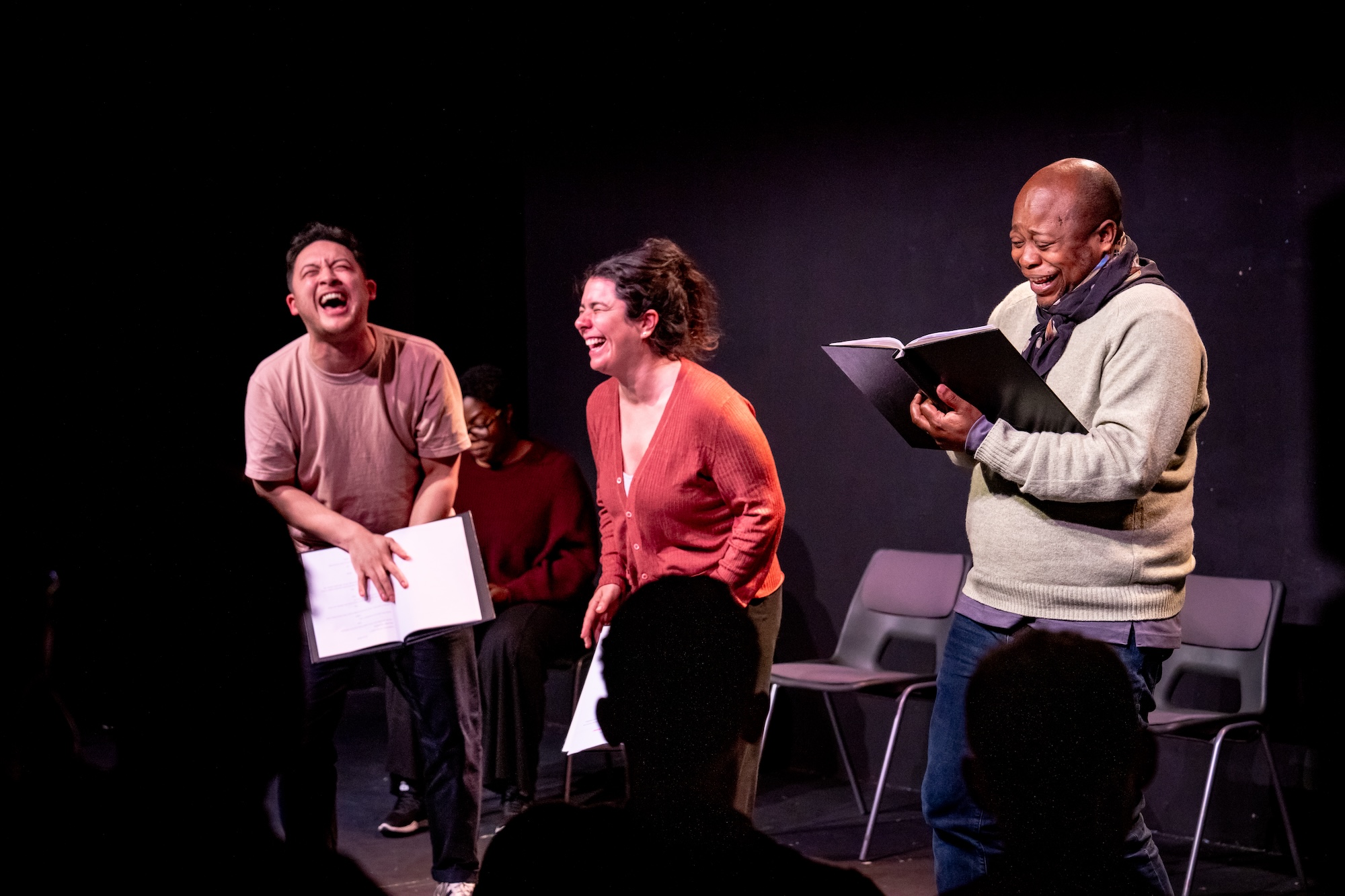The Night of Ten People
by Gu Le
Translated by Lani Calvert
The play is set in a large Asian city, such as Beijing, Shanghai, Tokyo or Seoul. It is never specified which city it is portraying. The play tells the story of a magician who works in a nightclub. On his nightly walk home, he passes many different members of society; a vegetable seller, a beggar, a hopeless writer. Their stories become part of his dreams, and his dreams become entangled with reality. The play displays Chinese culture in a creative way and the dialogue provides a realistic representation of Chinese life. Gu Lei told critics that the characters in the play are based on people he has encountered in real life, and that they are each supposed to represent a stereotype present in society.
Original title: 十个人的夜晚
Language: Mandarin Chinese
Tenshu-Tale
by Izumi Kyoka
Translated by Nozomi Abe
Tenshu Tale is a Japanese play published in 1917 by 泉鏡花 Izumi Kyoka (1873-1939), a playwright who has been described as the ‘Japanese Edgar Allan Poe’ or the ‘father of Gothic tales’. It is set on the top floor of Himeji castle where there is believed to be an entrance to ‘the other world’. Tomi-Hime, the monster princess who reigns this strange world, falls in love with a human falconer, however, what they have in front of them is nothing but obstacles.
Original title: 天守物語
Language: Japanese
Famine
by Marie Kajava
Translated by Liisa Muinonen-Martin
Famine explores hunger as a form of suffering prevalent in both developing and developed nations. In its review, Finnish daily Helsingin Sanomat wrote: ‘The questions the play raises may not be new, but playwright Marie Kajava’s multi-faceted and strictly ascetic approach makes it into a powerful viewing experience’. A critic for Hufvudstadsbladet, the Swedish-language daily, noted: ‘Marie Kajava’s masterful play exposes the West’s inability to tackle crises that don’t affect it directly’.
Original title: Nälänhätä
Language: Finnish




